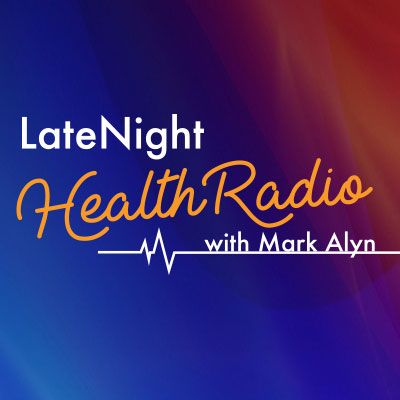Is Growing Younger Good?

Download and listen anywhere
Download your favorite episodes and enjoy them, wherever you are! Sign up or log in now to access offline listening.
Is Growing Younger Good?
This is an automatically generated transcript. Please note that complete accuracy is not guaranteed.
Description
Just as big pharma has recently discovered a simple mechanism to reverse weight gain and obesity, it is highly likely that soon, we will discover something equally simple that triggers...
show more- An ever-expanding population that will skew increasingly toward older people and could ostensibly double in number every twenty years.
- Uncertainty around whether Earth really has the natural resources - from energy to water and food - to support this ongoing population growth.
- Doubt about how to meet the increased need for infrastructure -- everything from transportation and housing to education and healthcare facilities.
- Questions over social issues such as entitlements such as social security and how to finance them as the number of retired people grows as a share of the population.
- Matters of equity: who would have access to the new treatments? What about those left behind?
- Moral issues such as: would we be interfering with a divine plan? Doesn’t nature know best?
- The risk of older generations maintaining a grip on top leadership positions to the detriment of change and renewal; and
- The potential dangers of lifetime terms for people in public office (e.g., the Supreme Court).
Information
| Author | Late Night Health |
| Organization | Late Night Health |
| Website | - |
| Tags |
Copyright 2024 - Spreaker Inc. an iHeartMedia Company

Comments